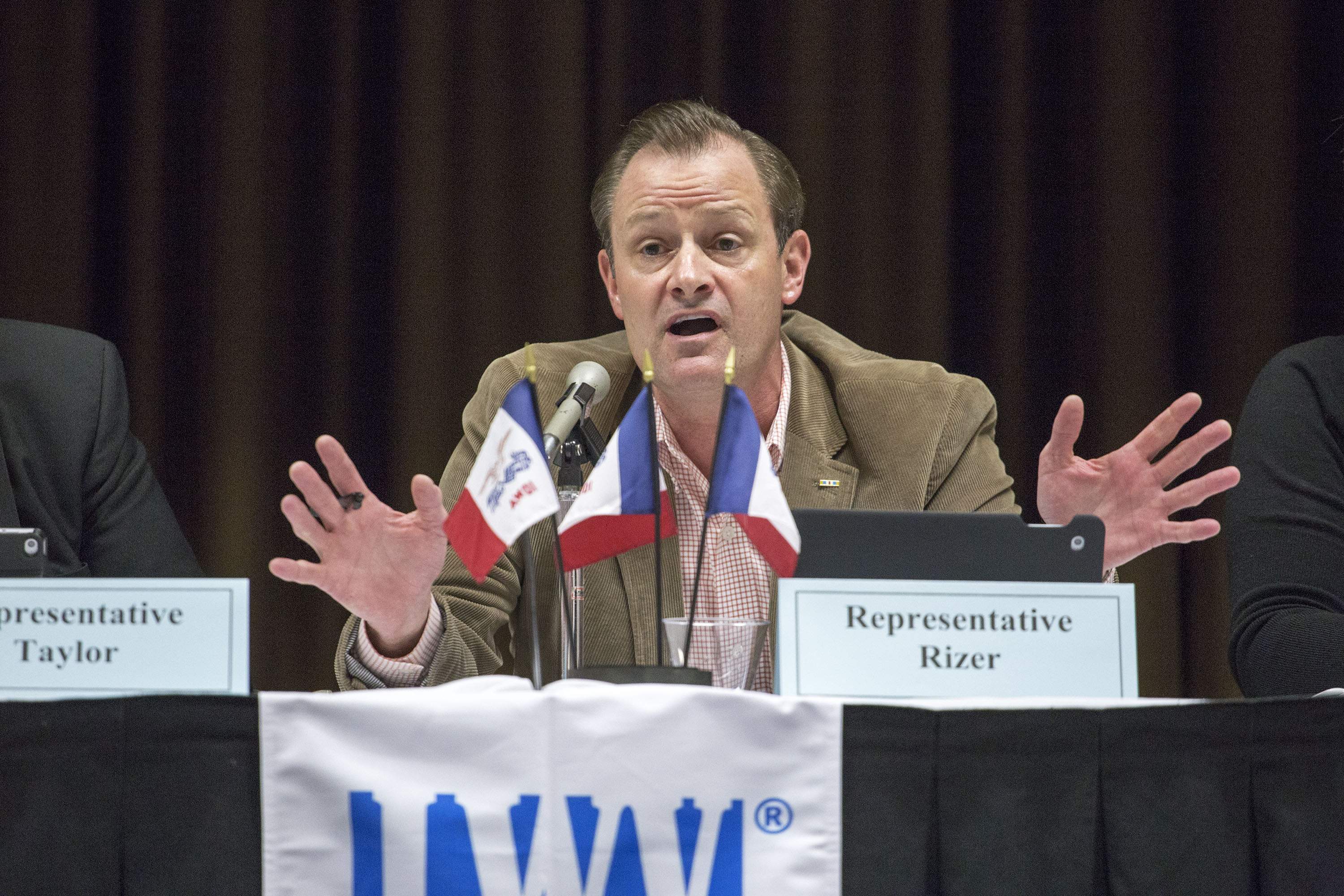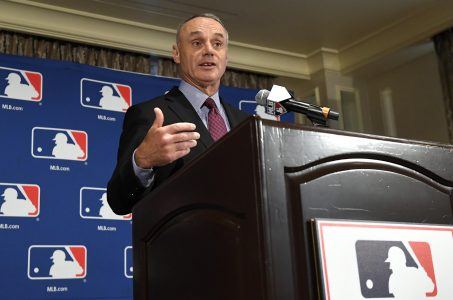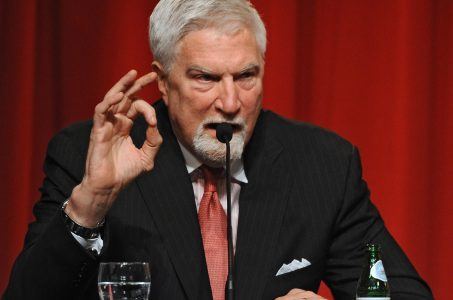Iowa Sports Betting Bill Passes House Committee Without ‘Integrity Fee’
Posted on: February 20, 2018, 01:00h.
Last updated on: February 20, 2018, 12:20h.
An Iowa sports betting bill that doesn’t include a so-called “integrity fee” earmarked for the professional sports leagues recently passed the state’s House Government Oversight Committee.

House Study Bill 592, first introduced by Rep. Ken Rizer (R-District 68), would permit the state’s commercial casinos to operate sportsbooks after obtaining the necessary permit. The first $1 million in revenues would be taxed at five percent, and the next $2 million would require the gambling operators to share 10 percent with the state.
The most notable aspect of the legislation is the absence of an “integrity fee,” a concept being pushed by the NBA and MLB that requires sportsbooks to earmark one percent of their gross handle for the leagues.
“The intent of this bill is not only to increase revenue to the state and provide greater personal liberty, but also to bring most of the black market betting occurring in Iowa into the light,” Rizer said last week.
The legislation now moves to the House Ways and Means Committee. If it passes there, it will move to the House floor for full consideration.
Speculative Measure
HSB 592 is in anticipation of the US Supreme Court’s decision on the legality of the Professional and Amateur Sports Protection Act (PASPA) of 1992, the current federal law that bans sports betting in all but four states. New Jersey, which has passed its own sports gambling laws in recent years, argues PASPA violates the US Constitution and Tenth Amendment anti-commandeering interpretations.
During New Jersey’s December hearing before the SCOTUS, those in the courtroom seemed to believe the majority of justices favored the state’s argument. The Supreme Court’s ruling is expected to be handed down sometime this spring, but could come as early as March 5.
If the verdict overturns PASPA, New Jersey’s casinos and horse racetracks could be up and running sportsbook before the year’s end. Numerous other states would be expected to quickly follow and pass their own sports betting laws.
Rizer says taking swift action and passing HSB 592 is imperative in staying “ahead of the game.” The Iowa Legislature is scheduled to adjourn in April.
Integrity Fee
NBA Commissioner Adam Silver has been the most outspoken proponent of the Big Four bosses in pushing for legalized sports betting. But now he’s also leading the “integrity fee” push, which he retitled a “royalty” on Saturday.
The NBA and MLB have suggested that for every $100 bet on their respective games, the leagues receive one percent of the gross handle. Silver said the money will be used to cover the “enormous additional expenses” the league will incur with widespread sports gambling.
Gaming experts, however, say the commission will cut sportsbooks revenues by as much as 20 percent. American Gaming Association President Geoff Freeman believes the increased audience sizes and subsequent marketability of the NFL, MLB, NBA, and NHL that sports betting would generate would more than make up for increased policing costs.
Related News Articles
Most Popular
VEGAS MYTHS BUSTED: Golden Gate is the Oldest Casino in Vegas
Las Vegas Overstated F1 Race’s Vegas Impact — Report
Most Commented
-
End of the Line for Las Vegas Monorail
— April 5, 2024 — 90 Comments -
Mega Millions Reportedly Mulling Substantial Ticket Price Increase
— April 16, 2024 — 6 Comments -
Long Island Casino Opponents Love New York Licensing Delays
— March 27, 2024 — 5 Comments
















No comments yet